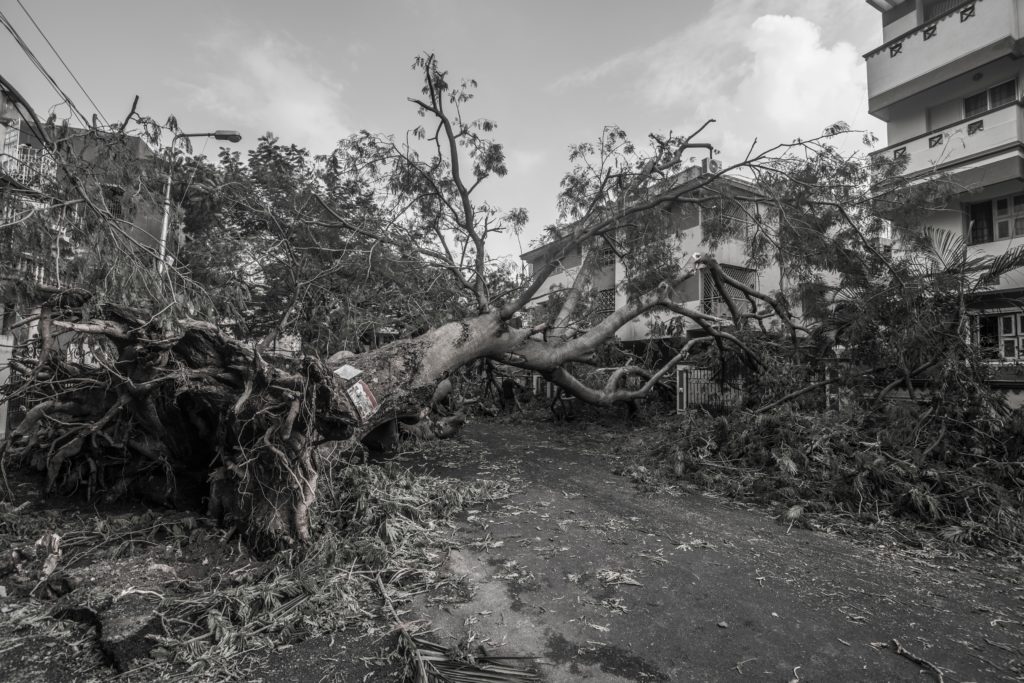What Happens When a Tree Falls?

Fall and Winter in the Pacific Northwest
We are now in the Fall and Winter storm season and in the Pacific Northwest this means trees fall during windstorms. Are you covered if a tree in your yard falls on your house? What if a neighbors tree falls on your house? Or if your tree falls on a neighbors house?
On Your House
If a tree damages your home or other insured structure like your detached garage, fence or shop, your homeowners insurance policy typically covers the damage to the structure as well as any damage to the contents.
If you have an active property insurance policy, your policy would respond no matter who’s tree it is, yours or your neighbors. During a windstorm trees, shrubs and branches can become damaged and are capable of traveling significant distances causing considerable amounts of damage to your property and the property of others. In most cases an insurance company is not going to spend time figuring out where a tree or branch came from. In some cases when a felled tree was located on a neighbors property, your insurance company may try to collect from the neighbors insurance company in a process called subrogation. Typically however, your insurance company will pay for the damage and the claim with be closed without subrogating against your neighbors insurance carrier.
To minimize damage from your own trees, it is important to maintain the health of your trees and properly care for them, preparing them for winter weather and storms. You should watch for diseased, sick or dead trees and have them removed from your property to prevent them from falling on your home or the property of someone else.
How Do I Get Rid of the Tree?
If a tree falls on or damages an insured structure your homeowner policy should cover the cost of removing the tree, up to the policy limit (typically about $500-$1000 depending on the coverage stated in your homeowner contract. If the fallen tree did not damage an insured structure, there is generally not coverage for debris removal to remove the tree. However, some carriers will provide coverage if the tree is blocking a driveway.
What if I Want a New Tree?
It can be costly to replace your trees and other landscaping. Your homeowners insurance may have some coverage available if your trees or shrubs were damaged by things like: fire, lightening, explosion, theft, aircraft or vehicles (not owned by you) or a household resident as well as vandalism and malicious mischief. There is a limitation to how much coverage you could have. It is best to contact your agent and ask about this coverage and what your policy limits are.
On Your Neighbors House
Damage caused by a falling tree is covered by the property policy providing coverage for the damaged structure. If a tree on your property falls due to an act of nature and causes damage to property owned by someone else, you are typically not considered liable for the damage caused. Special situations include negligence if you fail to remove a dangerous and obvious hazard such as a dead tree or broken limbs.
Concerns or questions?
If you have concerns or questions regarding the possibility of falling trees on your property, or a neighboring property, contact Casey Shipley. Casey is a personal property insurance specialist and can answer your questions and help you review options.






